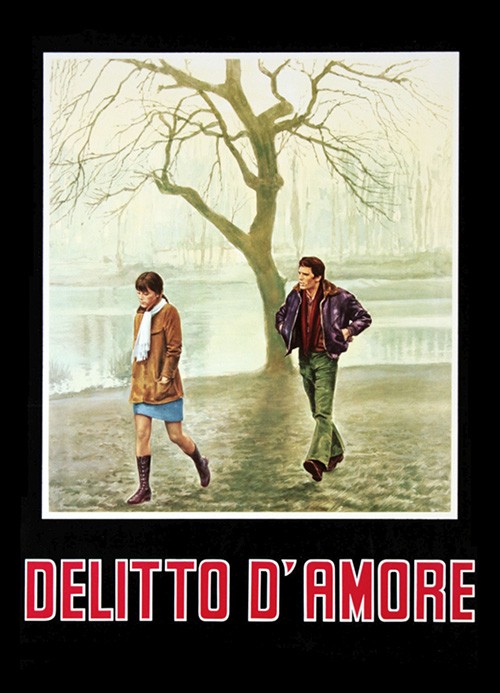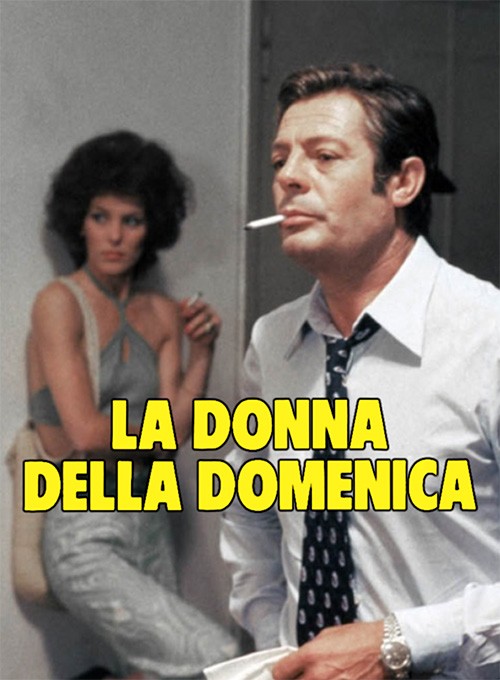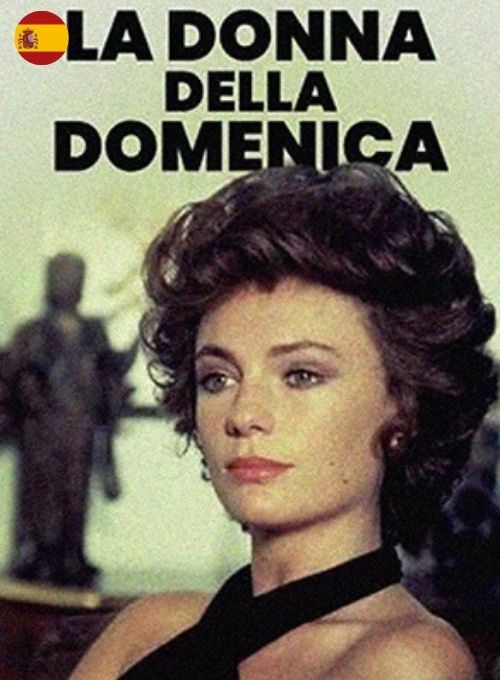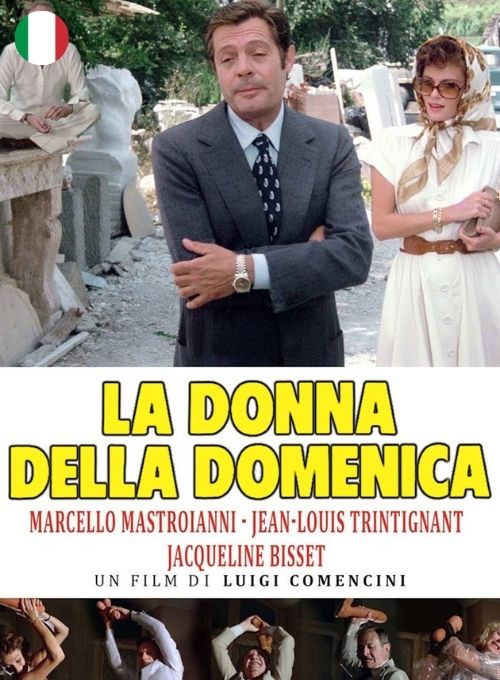Biography
Luigi Comencini (1916–2007) was an Italian film director and screenwriter, renowned for his contributions to Italian cinema during the 20th century. He began his career in the film industry as a screenwriter in the 1930s, gradually transitioning to directing in the post-World War II era.
In the 1950s and 1960s, Comencini emerged as a leading figure in Italian neorealism, a film movement characterized by its focus on realistic portrayals of ordinary people and social issues. His films from this period, such as "Pane, amore e fantasia" (1953) and its sequels, showcased his adeptness at blending comedy and drama to explore themes of love, class dynamics, and societal norms. Comencini's versatility as a director was evident in his diverse body of work, which encompassed various genres including comedy, drama, and children's films. His filmography includes acclaimed titles such as "La Ragazza di Bube" (1963), "The Adventures of Pinocchio" (1972), and "Cuore" (1984), among others.
Throughout his career, Comencini received numerous awards and accolades for his contributions to cinema, including several David di Donatello Awards and a Golden Lion for Lifetime Achievement at the Venice Film Festival in 1987. His legacy continues to endure, with his films celebrated for their enduring appeal and insightful portrayal of the human experience.
Contents



